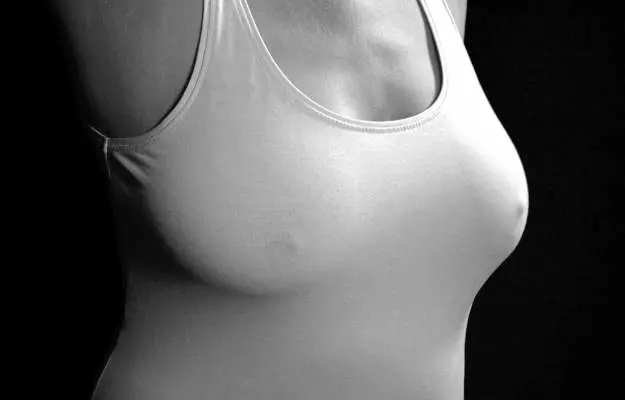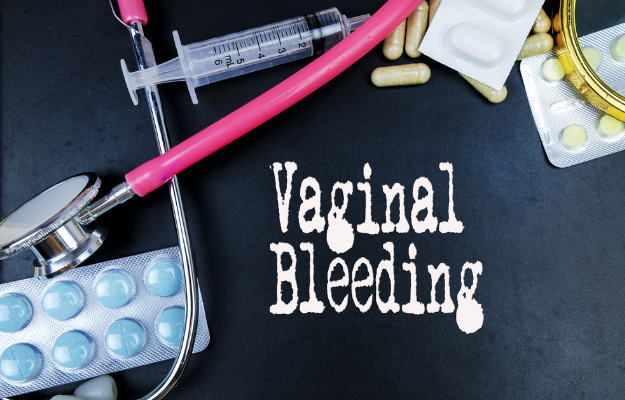From the time you hit puberty until well after menopause, a woman’s breasts go through significant changes. Pregnancy, breastfeeding, hormonal imbalance - everything plays a role in your breast health. This is the reason why self-care and self-exams should be prioritized and taught to women from an early age, preferably around puberty.
If a girl learns to check her breasts, knows her body and understands how time, age and lifestyle habits can change her body, she will be better prepared for life. This type of self-care, especially where breast health is concerned, is of vital importance because of the high and still-rising incidence of breast cancer among women across the world.
According to the World Health Organization (WHO), breast cancer is the most common type of cancer among women - it affects about 2.1 million women each year. Breast cancer and oral cancer also cause about 25% of cancers among women in India, which is a huge number to consider.
While it’s difficult to prevent breast cancer, or any type of cancer for that matter, it’s important to take proper steps to avoid the risk factors throughout life. Awareness about breast health is therefore very important. Here’s everything you need to know about breast care, and all the steps you need to take to maintain it.











































